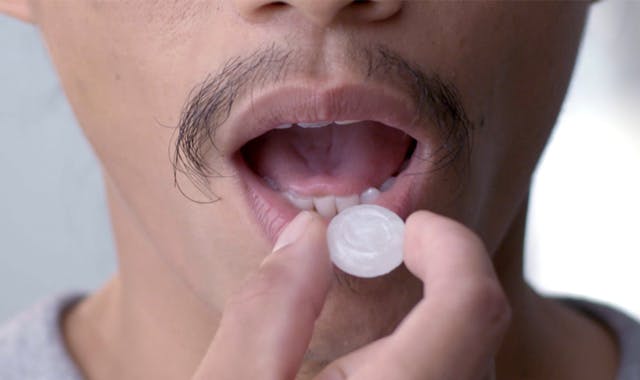HOW CAN I REPAIR MY DENTURE?
A denture usually lasts between five and ten years , but in that time you might find it needs to be repaired. Whether your dentures have been damaged, or they’ve become loose because of natural changes to the shape of your face and jaw, it’s always best to get in touch with your dentist to discuss denture repair, rather than attempt to fix them yourself.
WHAT IF MY DENTURE NEEDS TO BE REPAIRED?
If your denture does get damaged or starts to feel a little loose-fitting, try to arrange to have it repaired as soon as you can. Options for denture repair include relining or rebasing:
Denture relining involves adding acrylic materials to the denture base to make sure it fits more comfortably. You may need to have your impressions re-done, and your denture should once again fit comfortably in your mouth.
Denture rebasing requires impressions too, but this is so that a denture base can be re-made from scratch to get the best fit.
LOOKING AFTER YOUR DENTURES
Getting into a good routine when it comes to denture care will help ensure your dentures are kept in great condition. Here are some simple things you can do to maintain the look and fit of your denture:
- When caring for dentures, you should clean them in the morning and evening – as you would with natural teeth - to keep them looking good and you feeling your best.
- Use a soft-bristled toothbrush and a good denture cleanser as part of your daily denture cleaning routine.
- You might want to use a specialist denture toothpaste. As dentures are about ten times softer than natural teeth, they require specialist care. Look for a denture toothpaste which is softer on your dentures and doesn't contain the abrasives that some regular toothpastes do.
- Take your dentures out at night and store them correctly to give your gums a rest.
- Cleaning your dentures over a soft hand towel or a bowl will ensure they don’t break if you accidentally drop them.
- Consider arranging regular reviews with your dental team for oral hygiene and denture care advice – they’re there to support you and will keep an eye on the condition of your dentures.
- Look out for changes in the fit of your dentures – if you notice they’re not fitting as snugly as they once did, you might want to consider talking to your dentist.
As always, prevention is better than the cure, and if your dentures are properly cared for, there’s less of a risk they’ll need repairing further down the line. But if you do find that they have become damaged or aren’t fitting as well as they once did, getting the right advice and having them repaired means you can enjoy the peace of mind of knowing your dentures are in the best possible condition.









